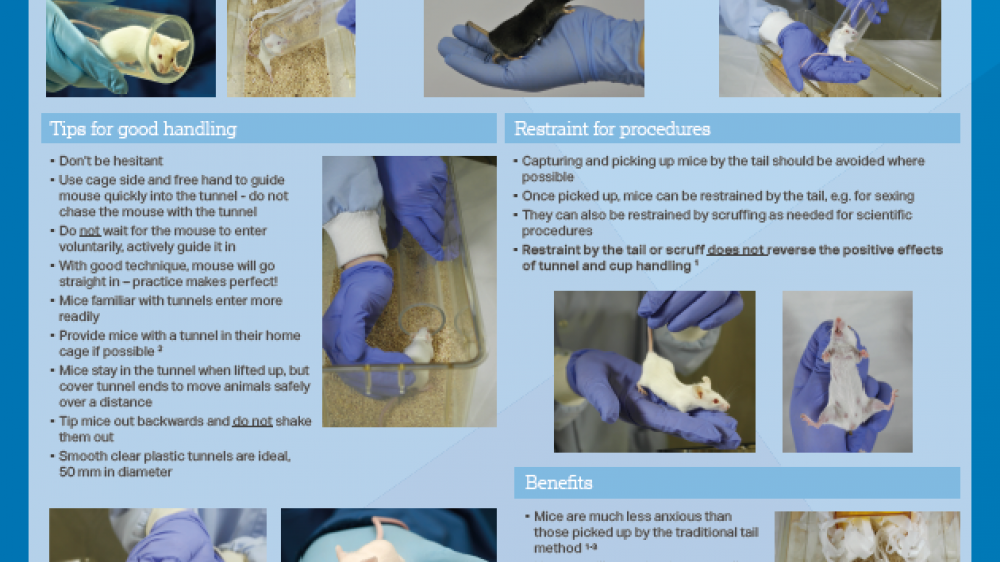Specifically around re-starting breeding and animal experiments after a pause (e.g. work with mice after the COVID-19 lockdown).

Specifically around re-starting breeding and animal experiments after a pause (e.g. work with mice after the COVID-19 lockdown).

Intermittent breeding should be used instead of constant mating to avoid unnecessary wastage of animals, whilst retaining the ability to breed an
A dedicated website with resources for everyone who works with, or is interested in, laboratory macaques.

For answers to more specific questions about colony management or breeding difficult strains you can email our dedicated advice service.

A webinar introducing the revised ARRIVE guidelines, the items in the ARRIVE Essential 10, and relevant resources.
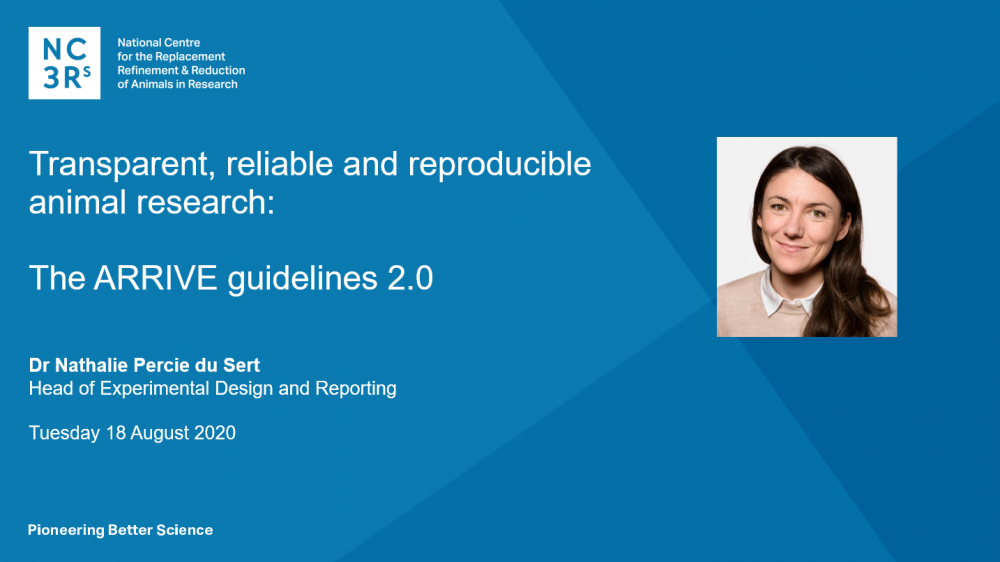
Learn more about why the single use of needles should be standard practice and how to implement this in your facility.
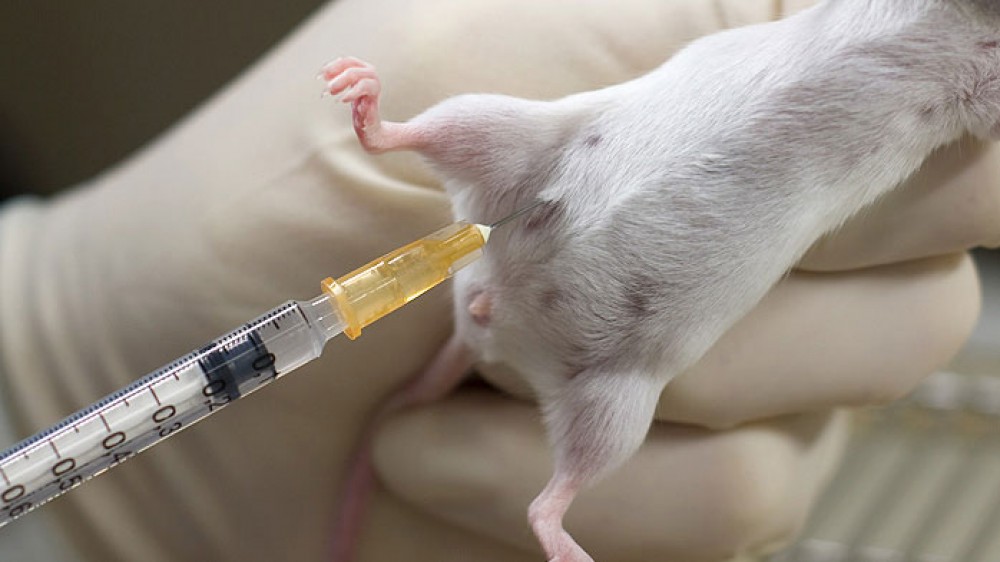
Hear from champions based at facilities around the UK who have successfully implemented non-aversive mouse handling methods.
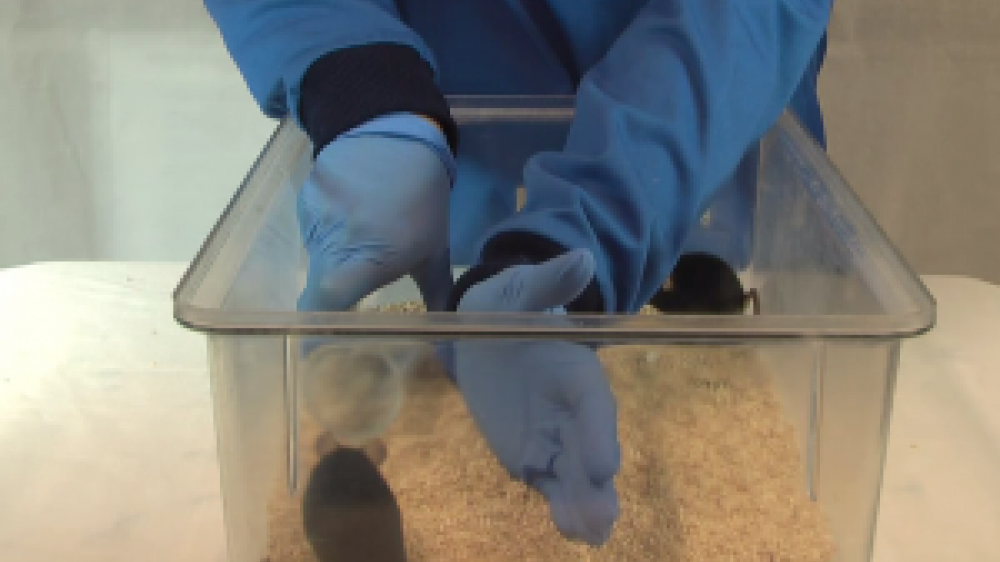
Showcasing our advice and resources designed to help researchers address the 3Rs in animal licence applications. Focused on the UK but applicable

An introduction for early career and postdoctoral researchers, applicable to both in vivo and in vitro experiments.
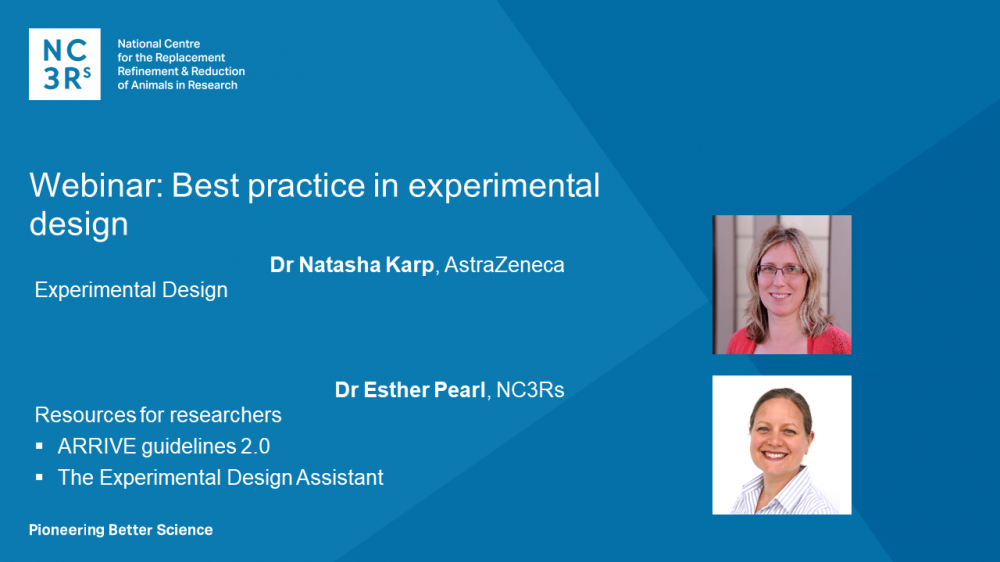
Overview of the scientific and welfare benefits of moving to animal-free antibodies and affinity reagents, including EURL ECVAM recommendations.
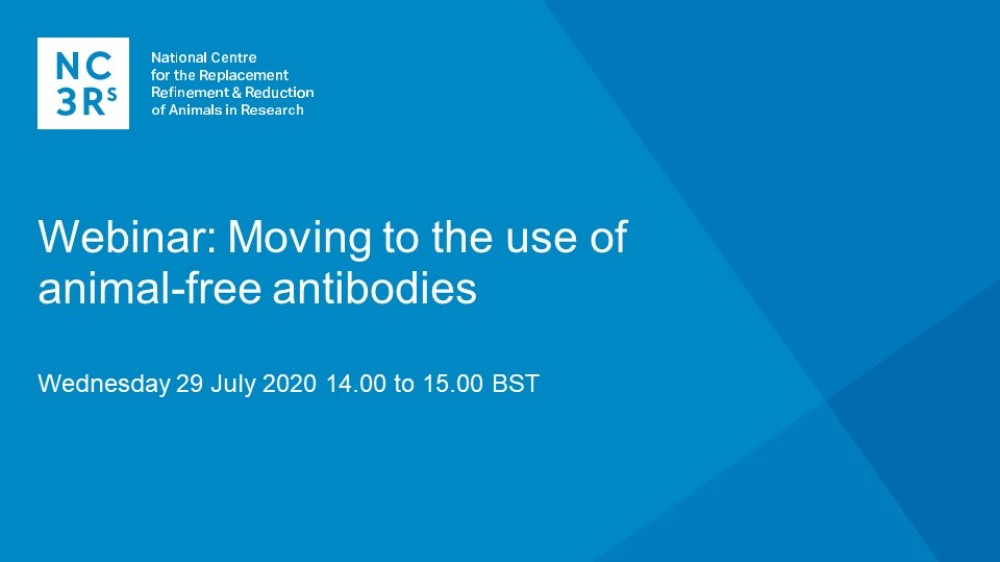
A technique to reduce the number of hens used for poultry red mite trials by up to 99% and a 3D culture that mimics the development of human embryos.

How to recognise and prevent pain, suffering and distress in laboratory animals.
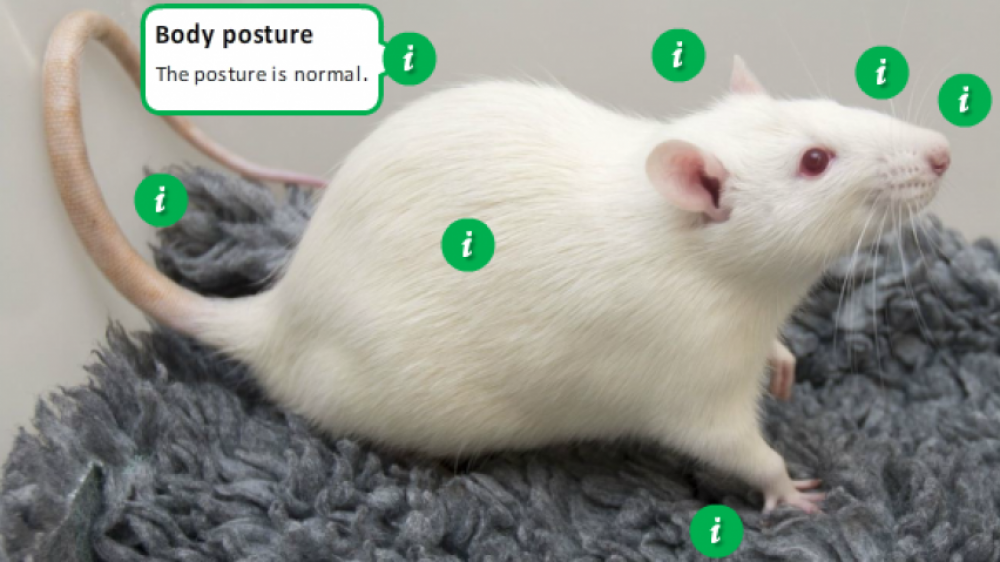
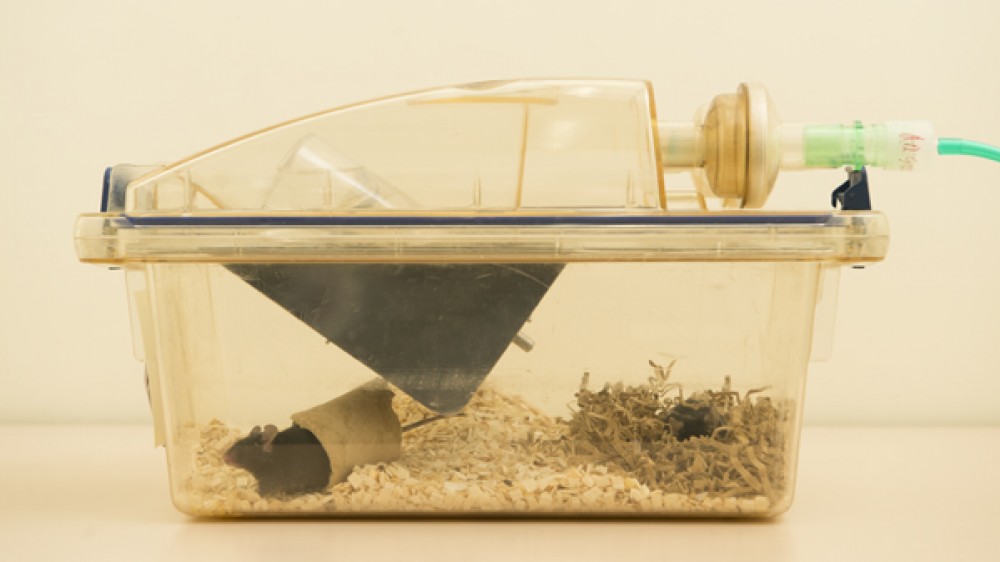
Ensuring best practice in anaesthesia for minor procedures.
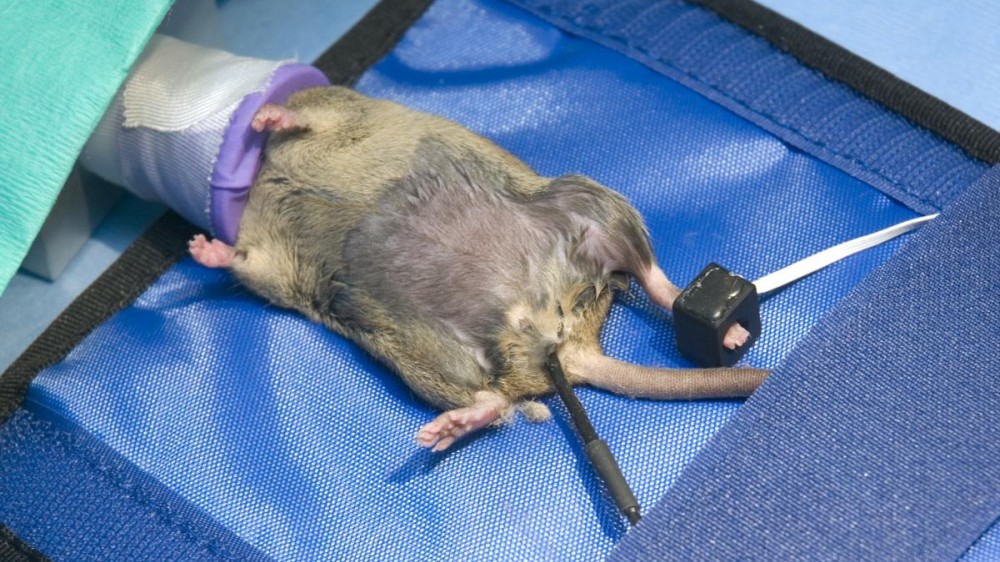
A webinar for in vivo researchers or students with limited or no experience of systematic reviews.
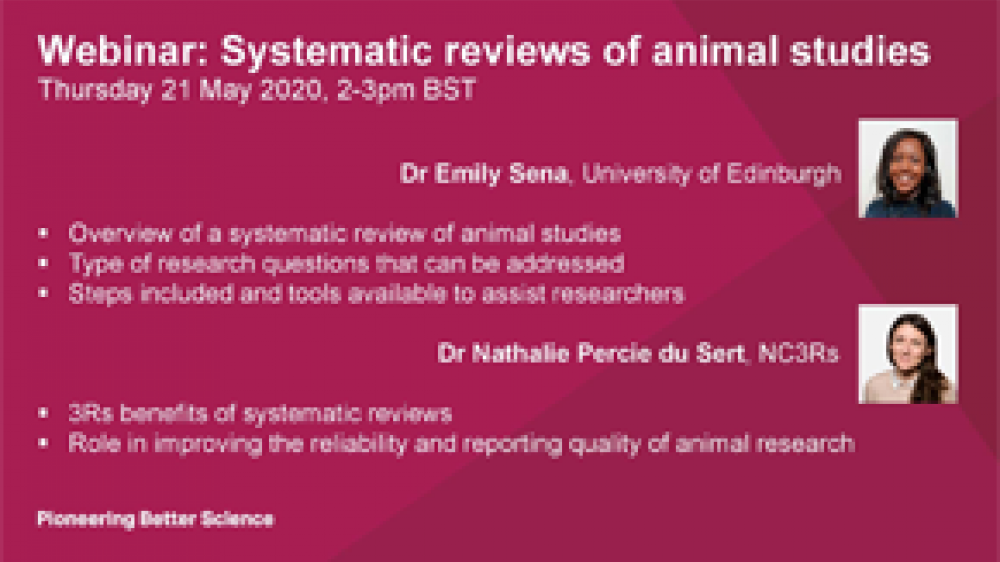
Factors to consider prior to anaesthesia of laboratory animals.
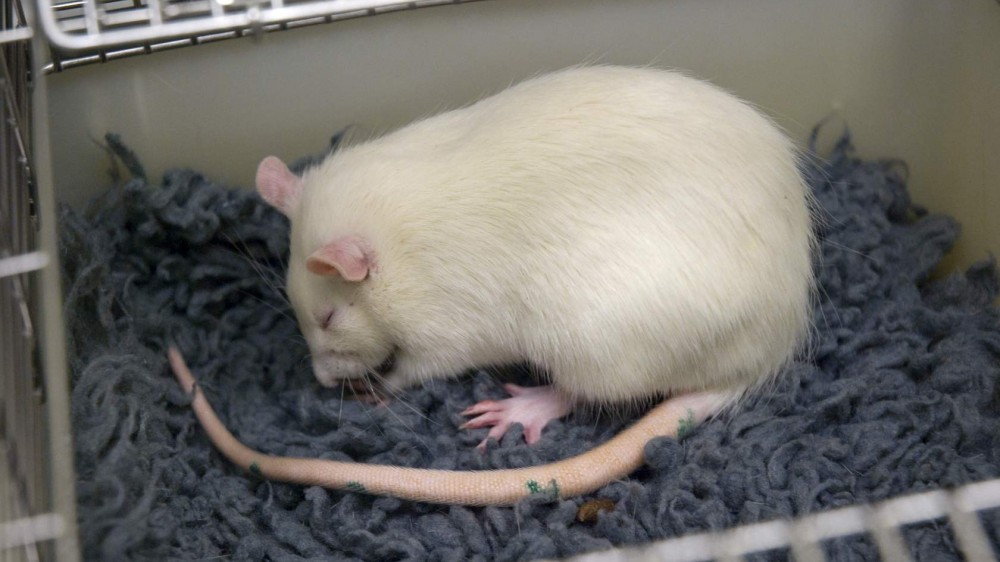
How to choose appropriate anaesthetic agents and regimens.

Why and how to monitor anaesthetised animals.
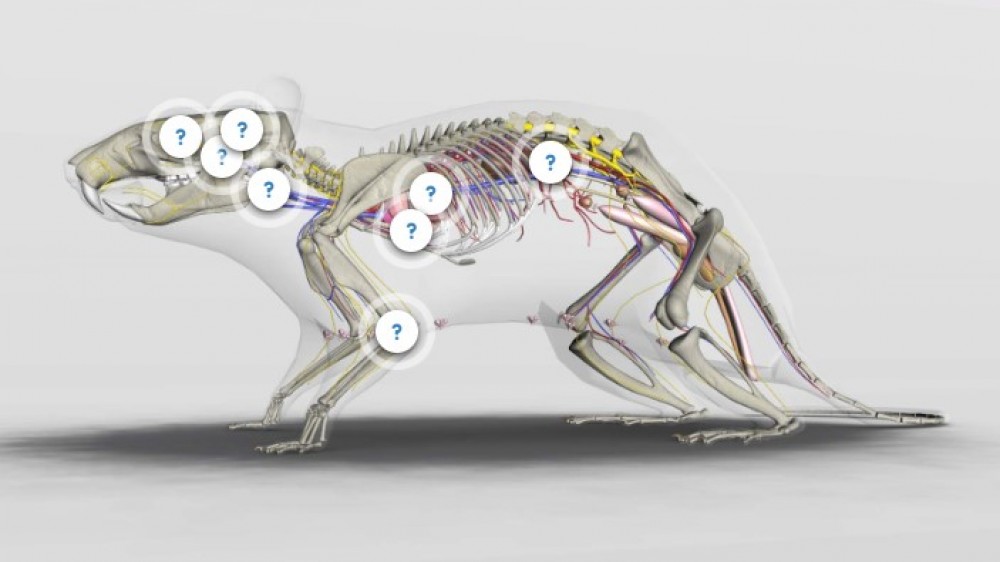
Use of different anaesthetic breathing systems, airway management, and neuromuscular blocking drugs.
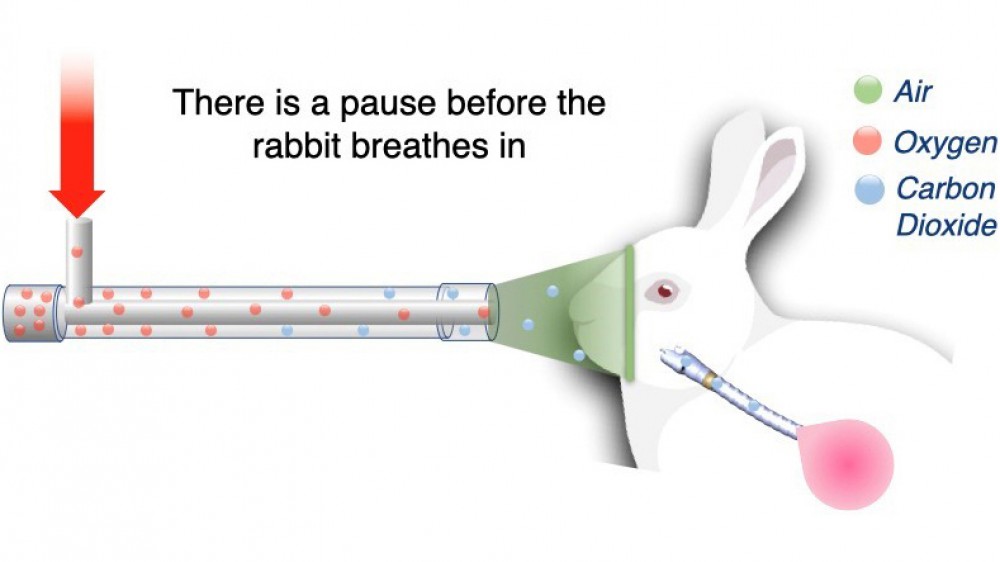
Managing anaesthesia and what can be done to prevent problems.
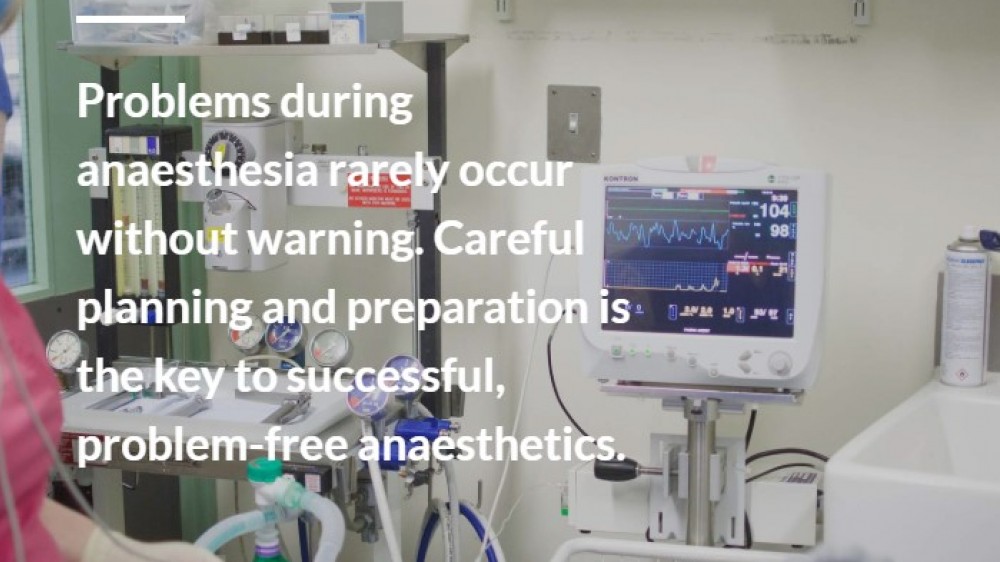
Recovery from anaesthesia and post-anaesthetic support.
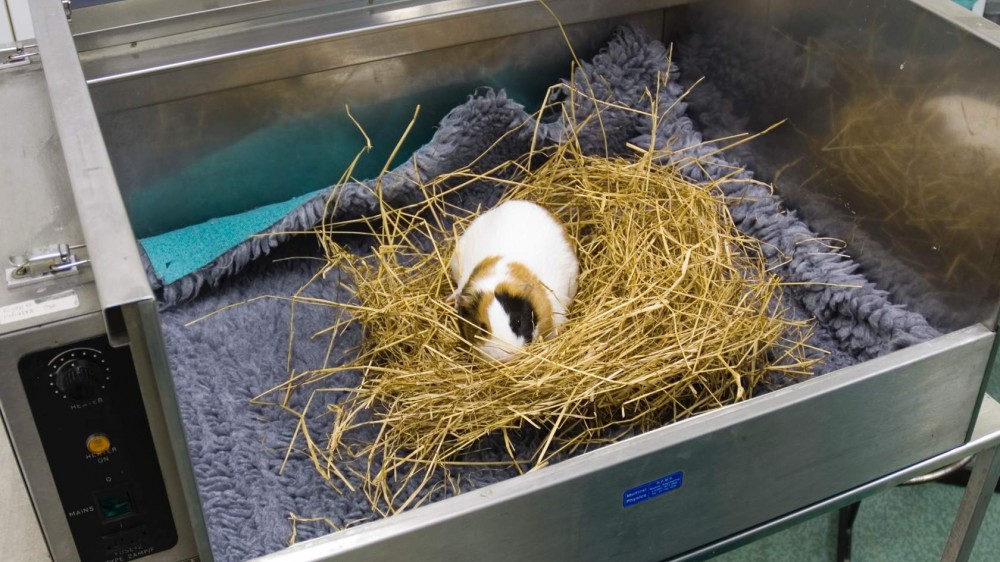
Post-operative pain relief for laboratory animals, including selecting and using analgesics.

Recognising pain and assessing its severity in laboratory animals following surgery.
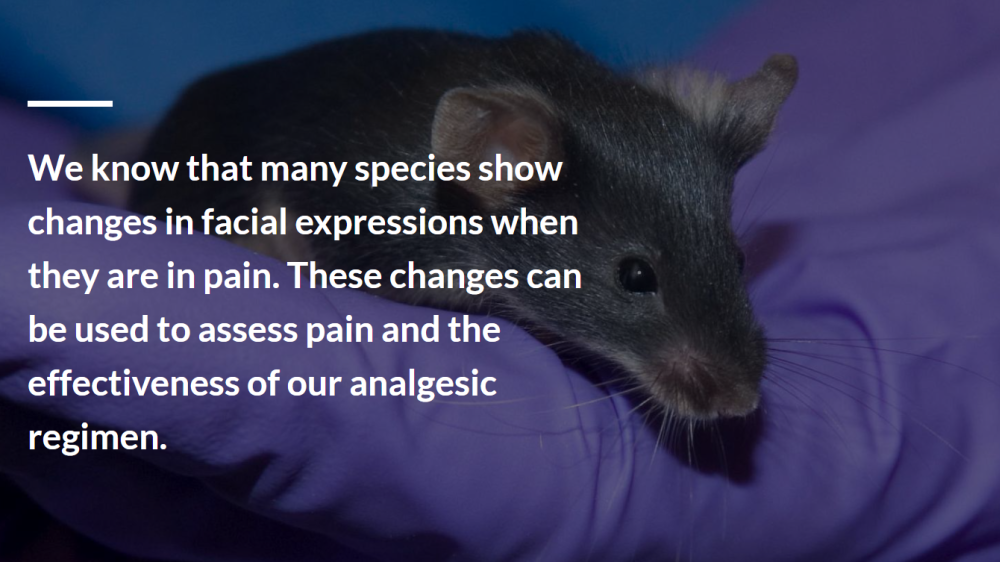
To support the adoption of non-aversive methods for picking up mice, we have produced an A2-sized poster for display.
